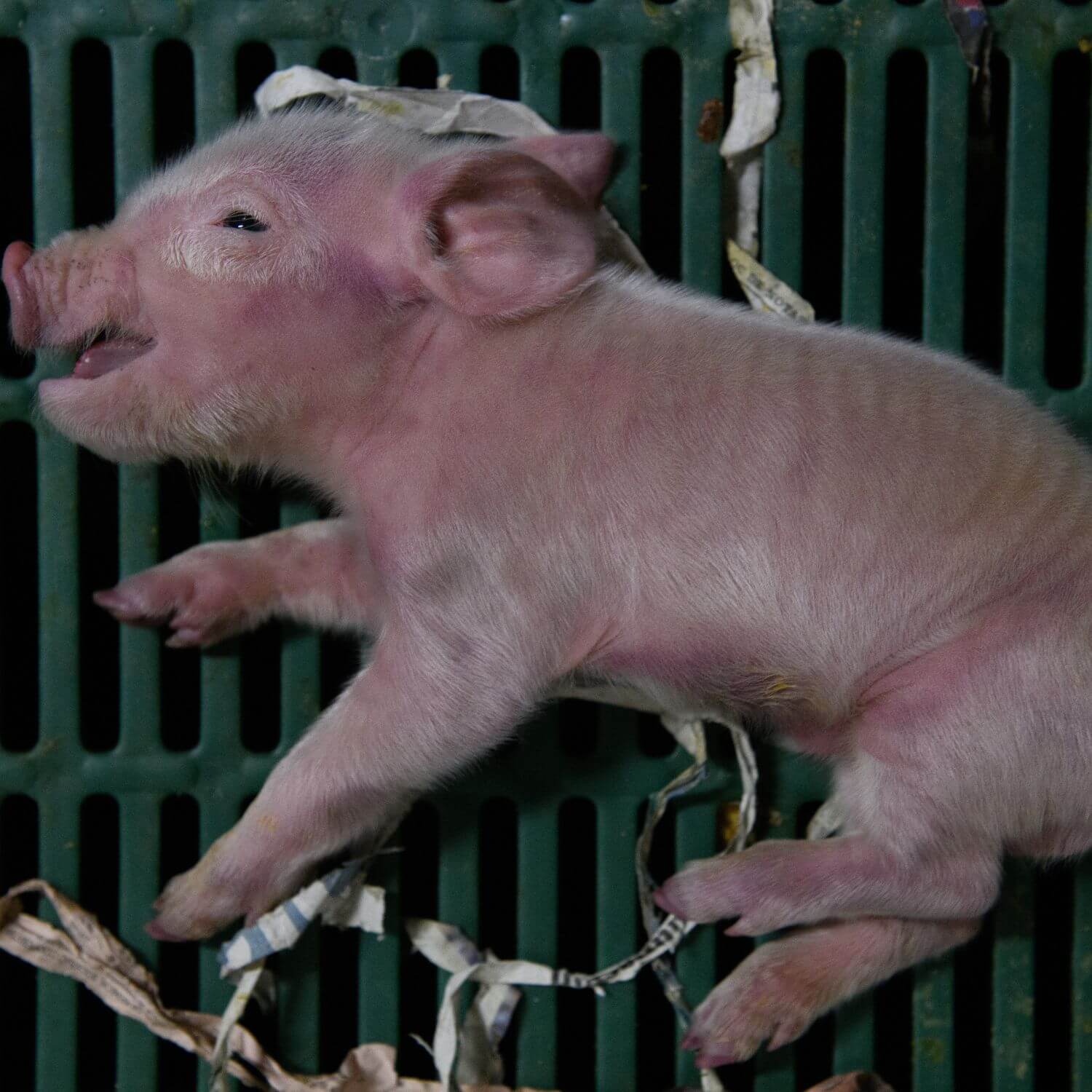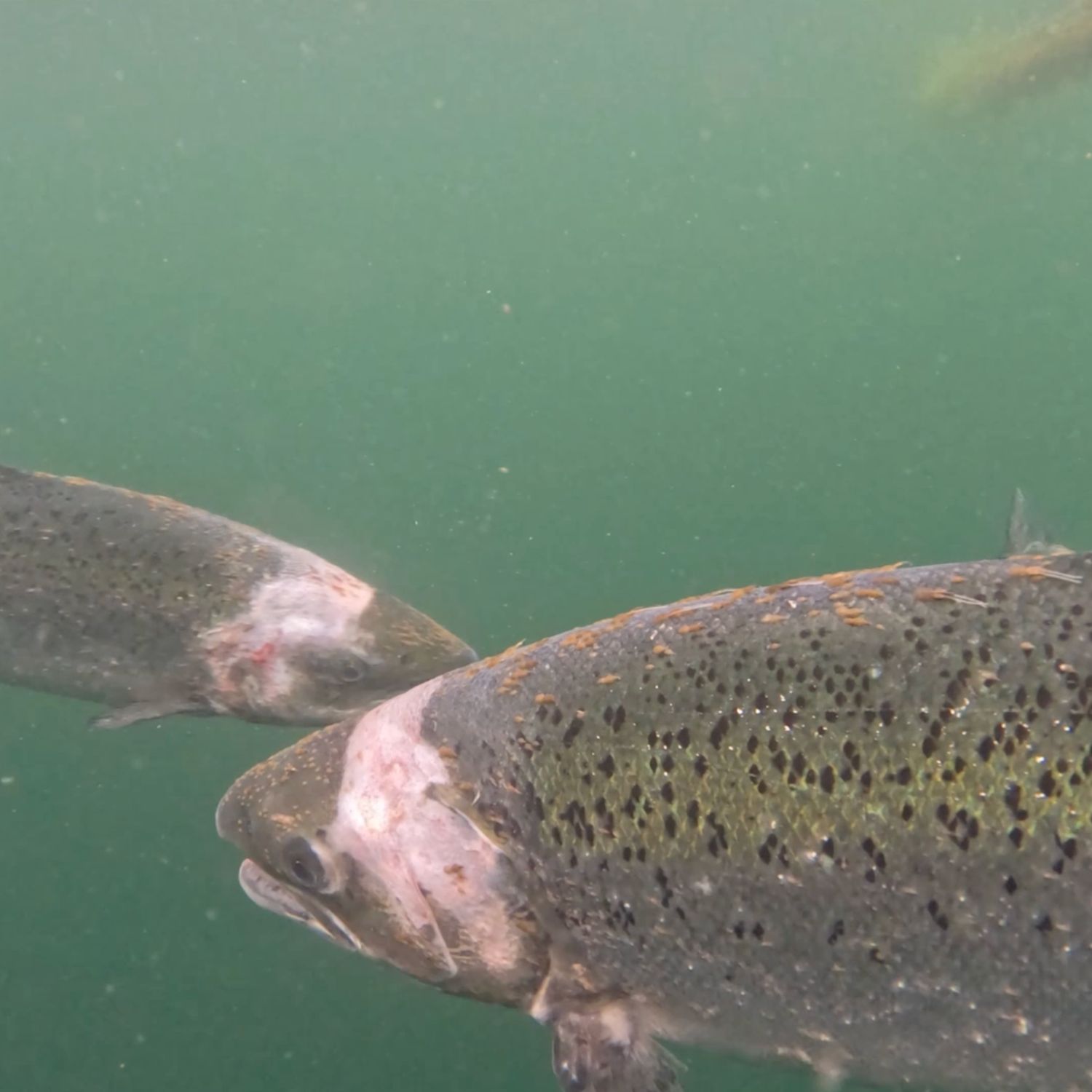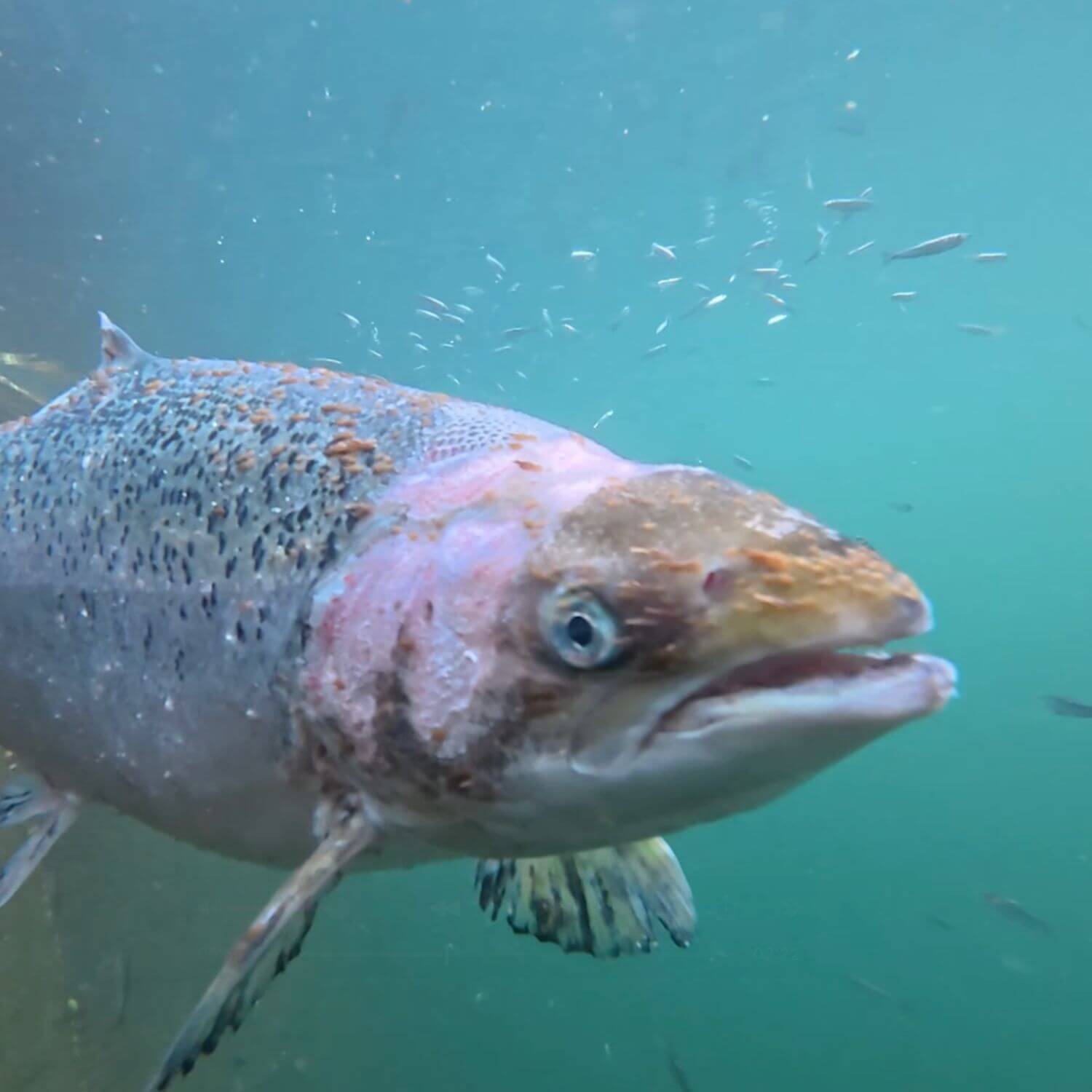Government signals firm stand on animal welfare in EU trade talks
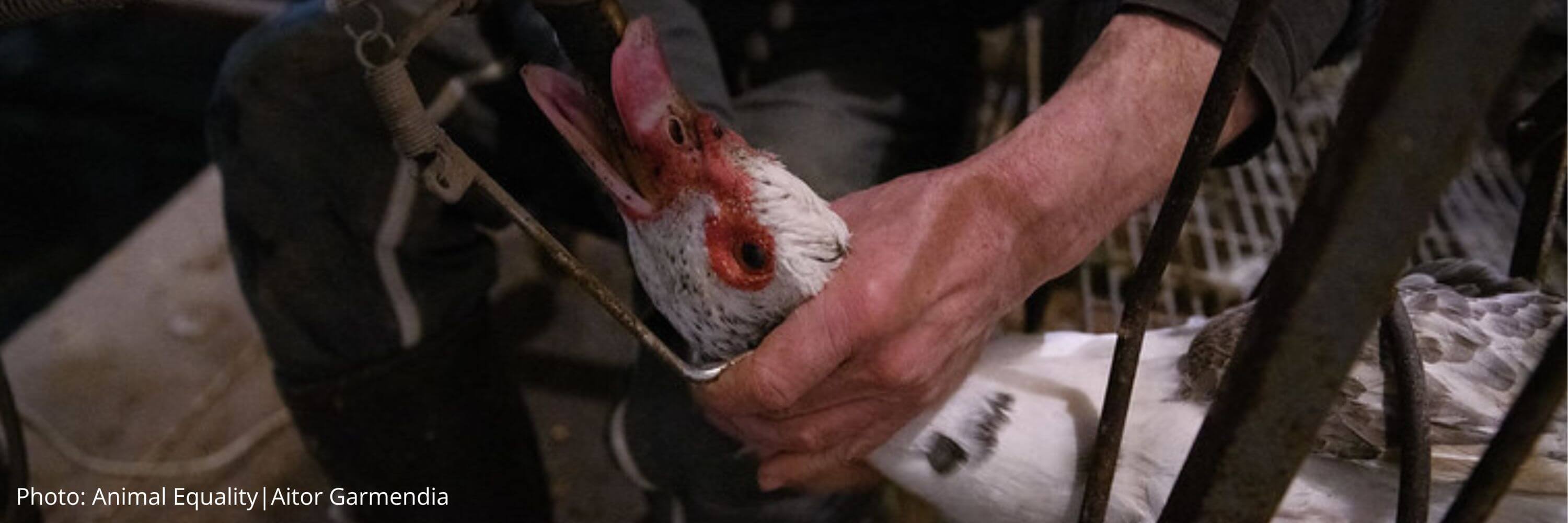
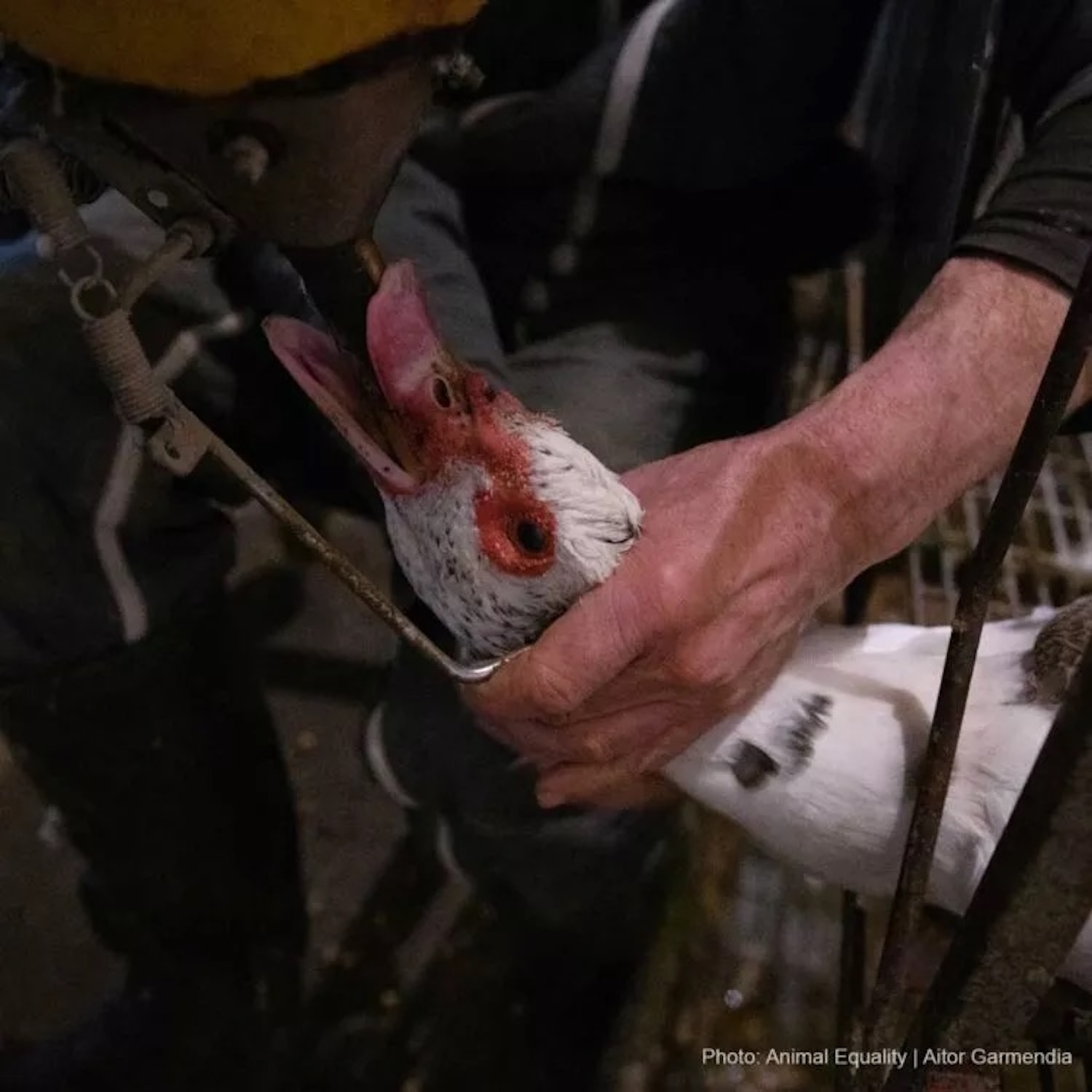
In previously unpublished correspondence from the Department for Environment, Food and Rural Affairs (DEFRA) to an Animal Equality supporter, the UK Government has confirmed that it intends to protect its ability to preserve its autonomy to set high animal welfare standards in upcoming trade negotiations with the European Union.
What is the Common Veterinary Agreement and why does it matter?
The Labour Party pledged in its manifesto to ‘improve the UK’s trade and investment relationship with the EU by tearing down unnecessary barriers to trade’, including the establishment of a Common Veterinary Agreement with the aim of reducing post-Brexit red tape on animal products crossing the EU-UK border. However, without specific exemptions, advocates believe the agreement risks further flooding the UK market with high volumes of products that fall far below its own standards or preventing certain trade restrictions to be put in place, including a ban on the importation of foie gras produced by force-feeding, which is a crime to produce in the UK.
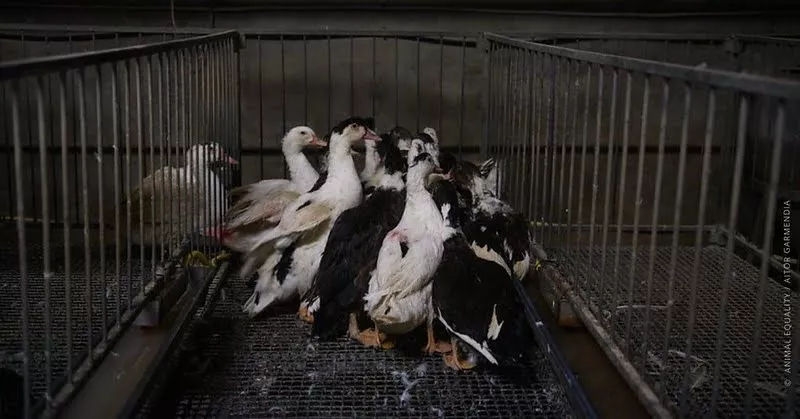
Government commits to setting ‘high animal welfare standards’
Talks on the Sanitary and Phytosanitary and Common Veterinary Agreement are expected to begin once the EU finalises its negotiating mandate. In this latest letter, Defra acknowledges that while specifics are subject to negotiation, the UK has been “clear about the importance of being able to set high animal welfare standards, support public health and support the use of new and innovative technologies.”
While we believe this is an encouraging sign, and suggests that the Government is listening to the British public who overwhelmingly support robust protections for animals, animals need action, not words. This commitment must now be translated into legally binding safeguards through a formal animal welfare carve-out.
An animal welfare ‘carve-out’ is essential
It is promising that the Government recognises the need for the UK to retain its autonomy and retain control over its animal welfare standards. A strong carve-out would ensure that the UK sets the rules and has the freedom to block products that fall short of our ethical standards, while upholding laws our Parliament has already passed. Products passing through UK borders should reflect our values.
“We cannot risk trade deals undermining hard-won protections such as the ban on live exports or delaying long-promised reforms. The Government now has a clear opportunity to build on international precedent – including Switzerland’s successful 2025 agreement with the EU – by securing a formal carve-out for animal welfare. Doing so would futureproof Britain’s ability to act on the concerns of its citizens while maintaining smooth and productive trade with our closest neighbours.
Animal welfare safeguards are already standard in international agreements, so evidently carving out animal welfare does not have to hinder trade. Instead, it would provide legal certainty, ensure compliance with World Trade Organisation law, and demonstrate to the public that the UK’s trade policy does not come at the expense of its values.
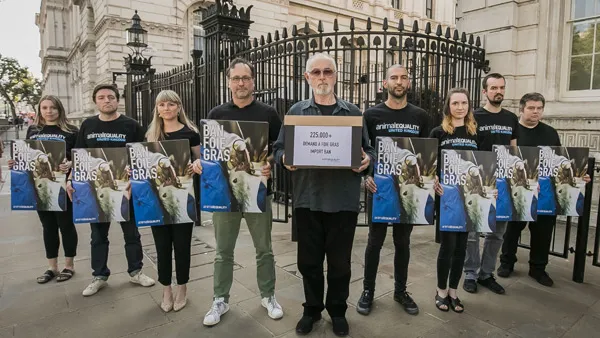
Help us help animals
Nearly nine in ten Brits are opposed to foie gras made by force-feeding – a ‘delicacy’ that is so immensely cruel that its production is considered a crime in the UK. Despite this, the UK continues to import foie gras from abroad, simply outsourcing this cruelty to other countries.
Add your name to the growing call to secure a foie gras import ban and join hundreds of thousands of other concerned citizens in speaking up for ducks and geese today:
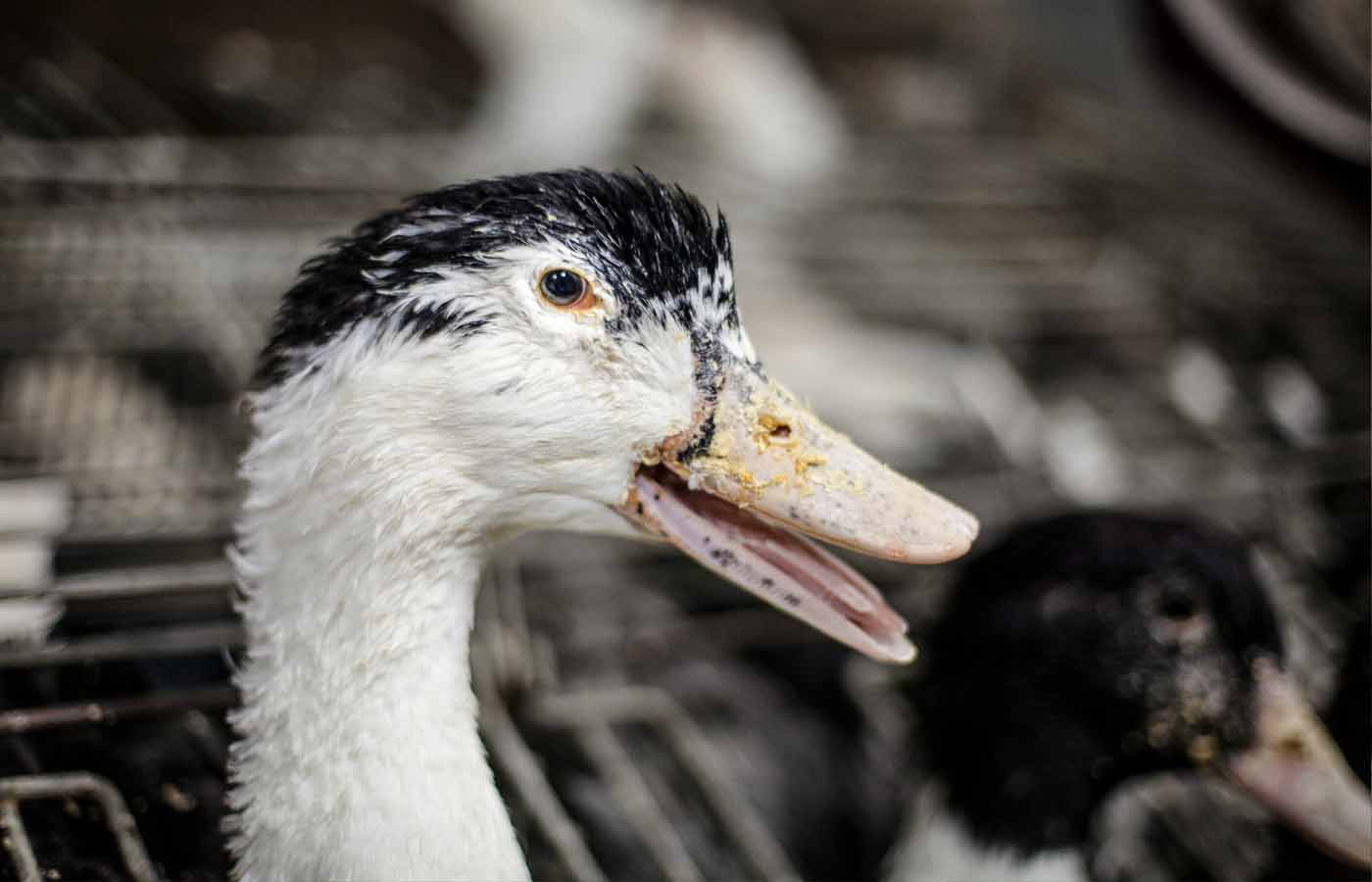
END THE CRUELTY
Foie gras is immensely cruel. Its production causes ducks and geese severe physical and psychological pain. You can protect ducks and geese by opting for plant-based alternatives.

